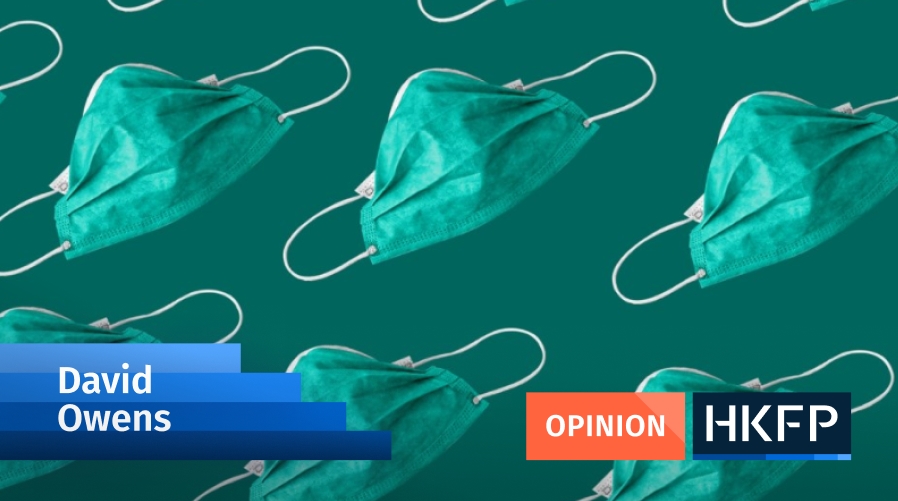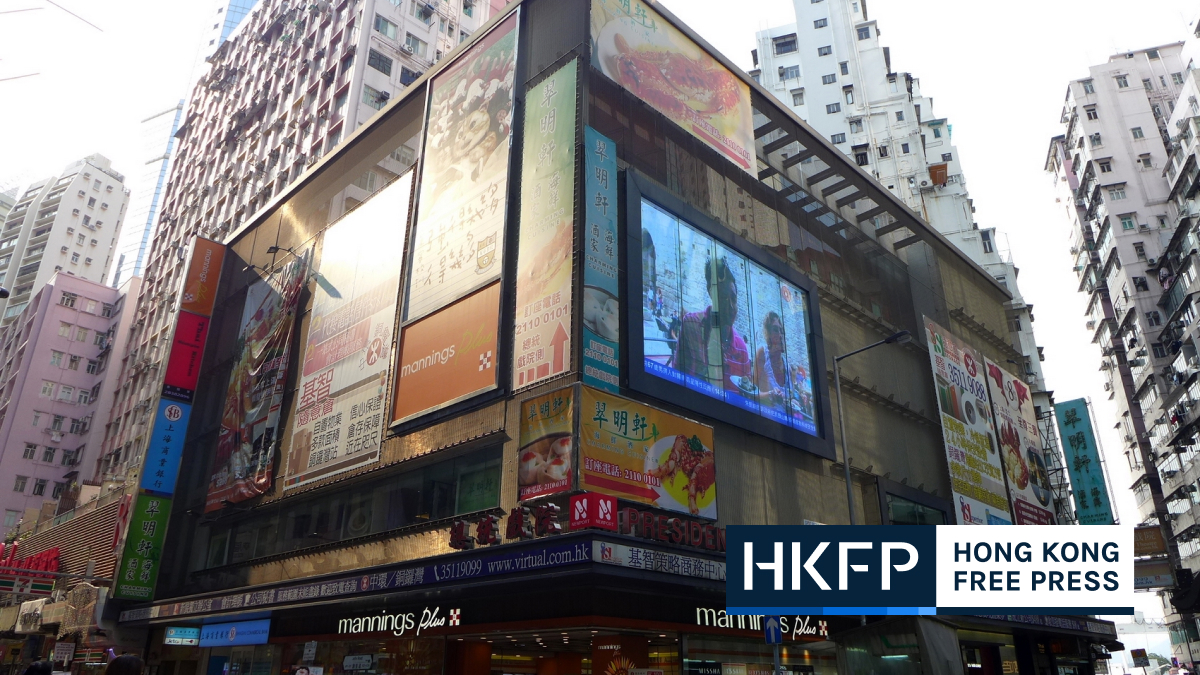Hong Kong has been struggling to curb the fifth and worst wave of Covid-19 infections with daily reported cases soaring to over 55,000 on Wednesday whilst the death toll surpassed 1,000. Yet the caseload could be even higher, since some Hongkongers are choosing not to inform local health authorities when they tested positive for the virus with self-bought rapid antigen tests.
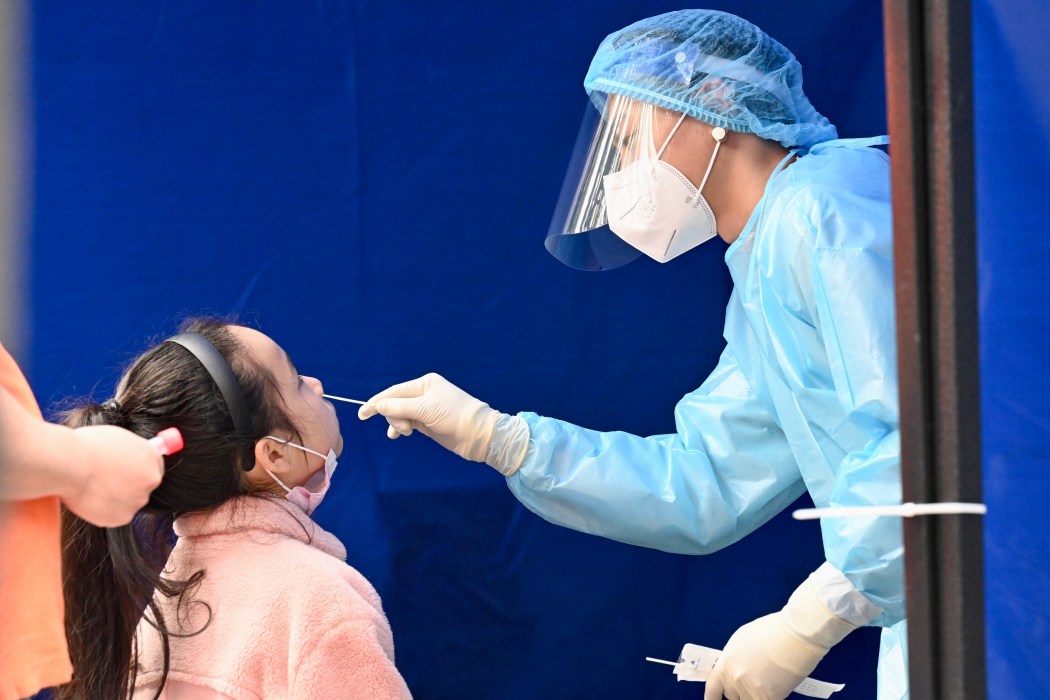
On Monday, HKFP appealed for Covid-19 patients who opted for self-isolation at home to get in touch – dozens came forward within a day. Many said their family members and others living in the same household became infected as well, but they had not suffered severe effects.
HKFP rounds up the most common reasons why this cohort decided not to report their cases to the authorities…
1. Unaware of obligation
Lane (a pseudonym) told HKFP that his wife, as well as their two children aged under four, found out they contracted the virus through rapid tests two weeks ago. They all had mild symptoms including low fever and a sore throat, but decided their situation was “nothing serious enough” to consider medical care.
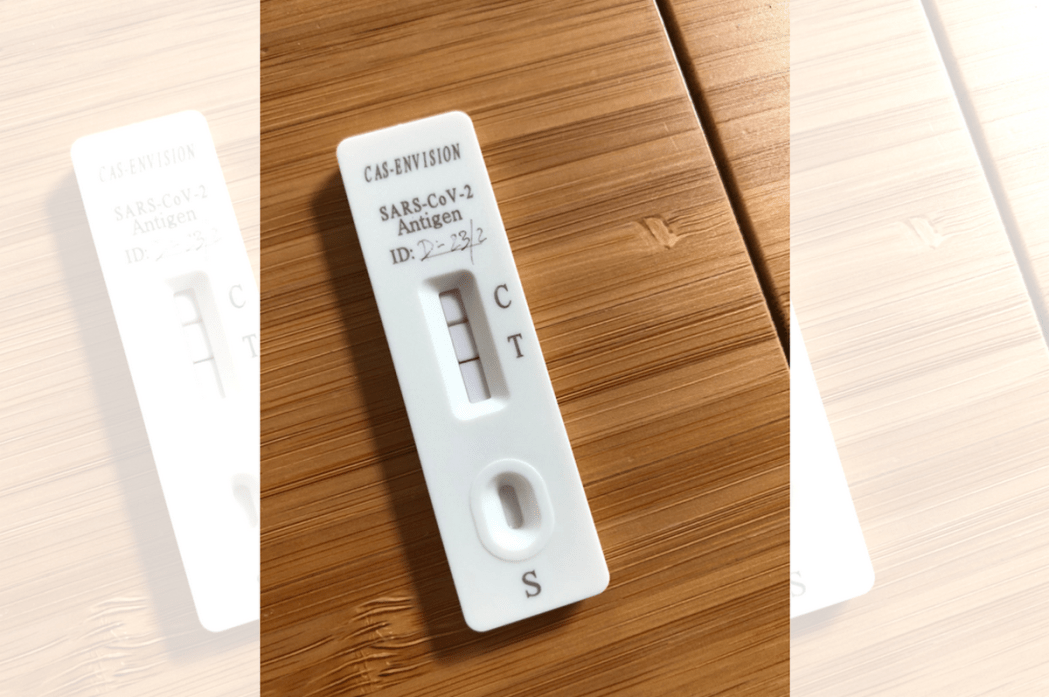
The American in his 40s said it was “most responsible” to isolate at home and inform their close contacts, rather than notifying the government.
“We were not aware of any obligation to report to the government, and the government gave no clarity on what we should do.”
Lane, 40s, who requested anonymity in fear of legal reprisal.
It remains unclear whether self-tested Covid-19 patients are legally obliged to make their cases known to the authorities. The question of what a person should do when self-tested positive through rapid test kits appeared in a government information pack last updated on Monday. The answer provided, however, seemed only to give instructions on how to conduct the self-tests.
HKFP reached out to the Department of Health for clarification but did not receive a response by the time of publication.
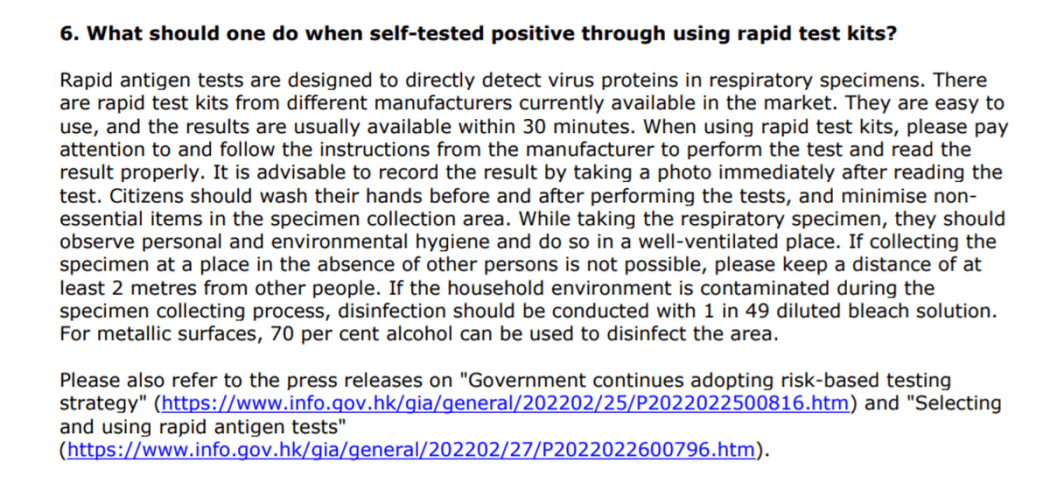
Under the “StayHomeSafe” scheme launched on February 8, the Centre for Health Protection (CHP) currently allows some close contacts and household contacts of a Covid-19 patient to undergo home quarantine for 14 days instead of being sent to a government facility.
The scheme requires the contacts to conduct rapid tests regularly. If the person in home quarantine receives a positive result, they should call a hotline operated by the Home Affairs Department immediately, the government said.
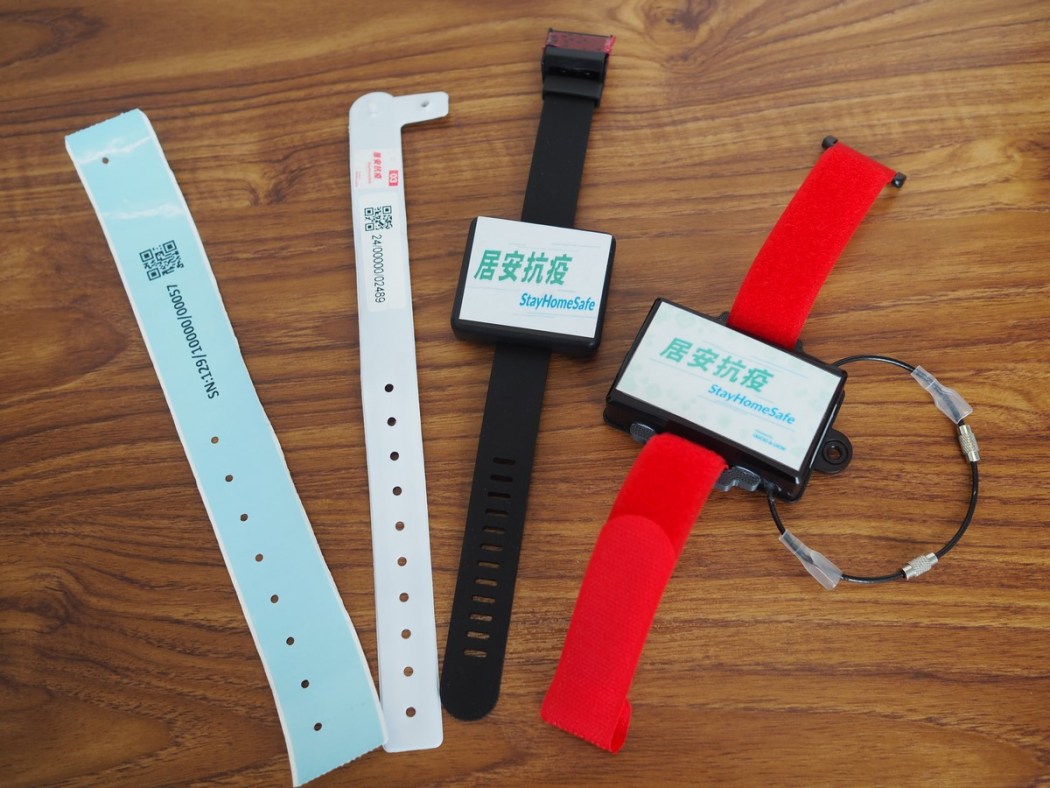
In a statement issued last Sunday, the authorities decided to give weight to positive results from rapid tests – either self-bought or distributed by the government – saying they were “relatively certain” in accuracy, given the relatively high infection risk in the community.
Last Wednesday, the CHP launched an online platform for Covid-19 patients to submit their information to the authorities, but the system was only designed for those tested positive through nucleic acid test.
The platform has received more than 120,000 registrations, according to the CHP’s principal medical and health officer Albert Au on Monday. Only around 56,000 people were tested through nucleic acid test, however, while the remaining were believed to be people who reported their positive rapid test result.

The CHP was setting up an online registration system for those tested positive through rapid tests to “self-report,” Sunday’s statement read, but details have yet to be announced.
“[T]hey should take all necessary steps to avoid further spreading of the virus, including staying at home,” the government said, without mentioning whether people had to report to the authorities.
2. Unable to get through on gov’t hotline
When Andrew (a pseudonym) and his son tested positive for the virus earlier this week, the 40 year-old tried flagging their situation to the government by calling 1836115. The government hotline was set up to handle enquiries from those pending admission to isolation facilities upon confirmed infection.
Points to note for persons tested Preliminarily positive / positive pending admission to hospitals or isola… by HKFP on Scribd
“The government hotline for preliminary positive cases has been completely unreachable, either giving a busy signal… or [tell you] to call back later.”
andrew, 40, who spoke under a pseudonym.
Andrew claimed he had dialled the number “close to 50 times” last Sunday and on Monday, but never managed to get through.
Another Covid-19 patient, Chris, shared a similar experience where he and his girlfriend felt that they had “no other options” but to self-isolate at home, after the pair failed to get through on the government hotline for advice.
The 35-year-old told HKFP he had at least five other friends who did not report their positive results from rapid tests to the government.
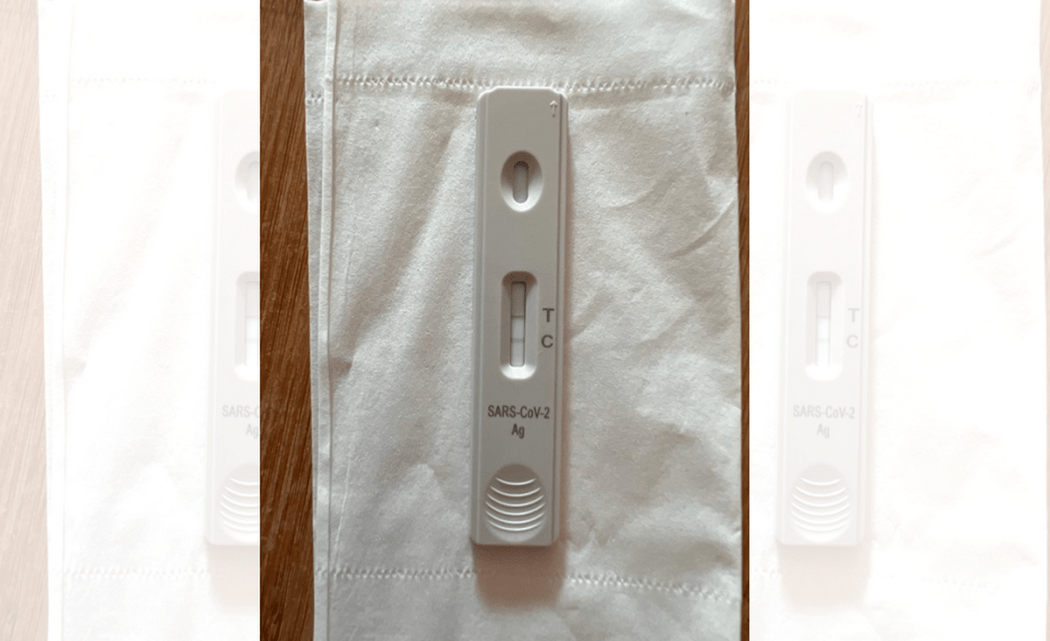
“[I]t is clear and obvious that the government has absolutely no idea what they are doing and have little capability to support the general population, despite having two years to prepare for such an inevitable outcome.”
Chris, 35, who only disclosed his first name.
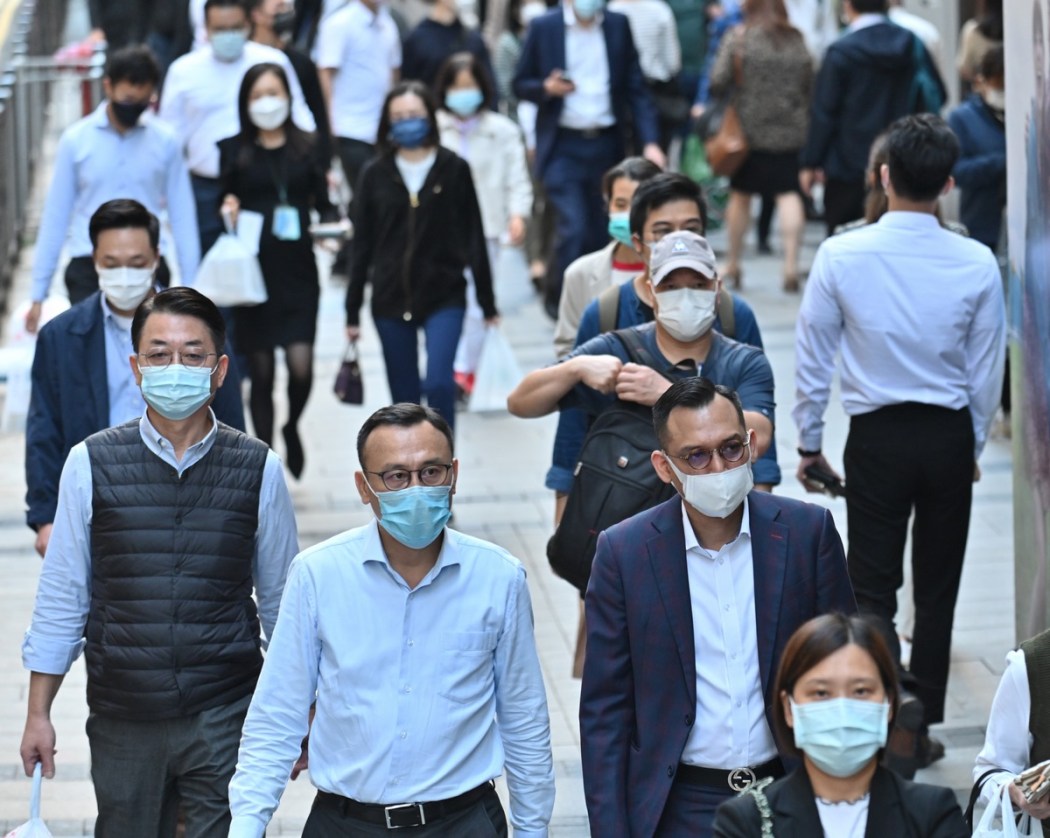
3. ‘Chaotic’ arrangement
“Some patients are just told to stay at home, which is what I’m doing already. Others are being sent to camps. It’s very chaotic.”
Ms lee, 25, who only disclosed her last name.
Some of the Covid-19 patients who reached out said they chose to self-quarantine at home because they were uncertain what would happen if they reported their situation to the government. Ms Lee, 25, who tested positive on Monday, said there was a “lack of transparency” about the steps that would follow if she told the government about her infection.
The information available to people who self-tested positive for the virus was “a bit of a mess,” said Nordin (a pseudonym), who also found out that he caught Covid-19 on Monday.
4. Public hospitals overload
“It is like going into a maze while you are sick.”
Nordin, who spoke anonymously.
Owing to the moderate symptoms they experienced, some self-tested Covid-19 patients told HKFP that undergoing home quarantine was a way to avoid putting pressure on the city’s public hospitals, which are stretched to their maximum capacity.

Gaby (a pseudonym) recalled testing positive on February 13, a time during which she saw the authorities as being completely overwhelmed and changing the rules daily. The 39-year-old said she did not require any medical assistance and stayed home while she was positive for the virus.
“I didn’t see a reason to notify anyone or add to the logistical nightmare the Hospital Authority was experiencing.”
Gaby, 39, who requested a pseudonym.
The surge in Covid-19 infections in recent months has inundated local public hospitals, with elderly patients waiting on hospital beds in outdoor areas or under tents as indoor wards were filled up.
The Hong Kong government responded by hiring medical workers from mainland China and building a temporary quarantine and treatment facility in Tsing Yi, with support from Beijing. The Tsing Yi facility – which opened on Tuesday – adds around 3,900 beds for emergency community isolation, and is set up for those with mild – or no – symptoms.

Thomas (a pseudonym) made a similar decision for his domestic worker and son when they found out they had Covid-19 through rapid testing last week. The 36-year-old said the pair experienced a scratchy throat and coughing, but their symptoms reduced significantly a few days later.
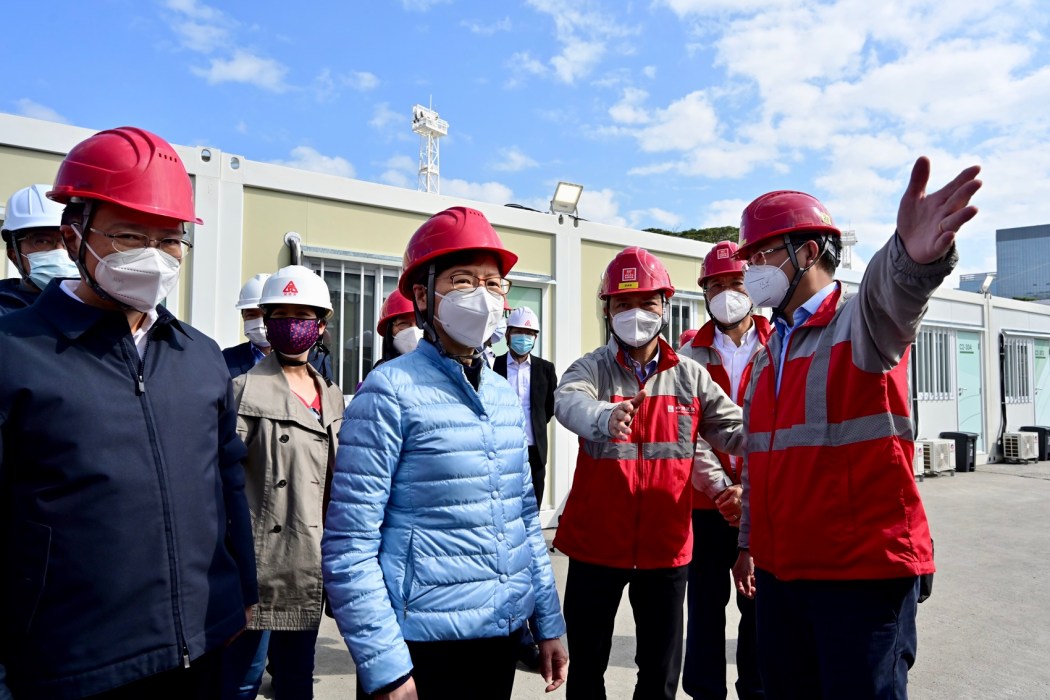
“Honestly, reporting to the government wouldn’t have accomplished anything. They’re overloaded, strapped for resources…”
Thomas, 36, who spoke anonymously.
The rest of the family – including Thomas, his wife and daughter – all tested negative. A total of 30 rapid tests were used by the family. He said all of the adults in the household have had three doses of the German-made BioNTech Covid-19 vaccines, adding that it “made more sense” to stay home and self-monitor.
5. Fear of quarantine, family separation
When Kevin’s toddler tested positive for Covid-19 through a rapid test at a private clinic two weeks ago, he was told the case was lodged into the government’s system. Medics at the clinic told him that official personnel would reach out and arrange for the family to undergo a polymerase chain reaction (PCR) test.
Days went by and Kevin did not hear back from the government, until he saw a few missed calls from an unfamiliar number. He decided not to draw the case to the government’s attention, out of fear that his child would be separated from the family if hospitalised.

“I was too afraid that once you report, you will lose control of what could happen to the family and be subject to arbitrary rules.”
Francis, in his late 30s, who used a pseudonym.
A few days later, Kevin and two other family members found out they also had Covid-19 after conducting a few quick tests. The family remained at their residence and purchased a HK$200 oximeter to monitor their oxygen levels. They tested negative around five days after.
Kevin, who only agreed to disclose his first name, said the family went through quarantine twice last year after they travelled abroad to visit sick elderly family members. It was an experience that Kevin “had no intention” to repeat “for a variant that was mild.”
“These quarantines in small, locked hotel rooms had proven to be extremely difficult mentally for us, especially because of the young toddler in the family.”
kEVIN.
Another family also cited fear of separation from their young children if the parents had to undergo quarantine at a government facility. Francis (a pseudonym), who is in his late 30s, said the government’s Covid-19 policies were “lacking humane treatment” for families with young children. He and his wife therefore chose to stay at home with their toddler after testing positive.
The fear of being sent to government quarantine facilities was also linked to people’s mistrust in the authorities, some Covid-19 patients told HKFP.
“No one in their sane mind would report with the government at your door ready to take you to Penny’s Bay (prison)…”
A 29-year-old who refused to disclose her name.
Libby, 33, described her time at Lantau’s Penny’s Bay quarantine centre last March as a “nightmare” when she was listed as a close contact. She added that she did not trust the government “knew what they were doing.”
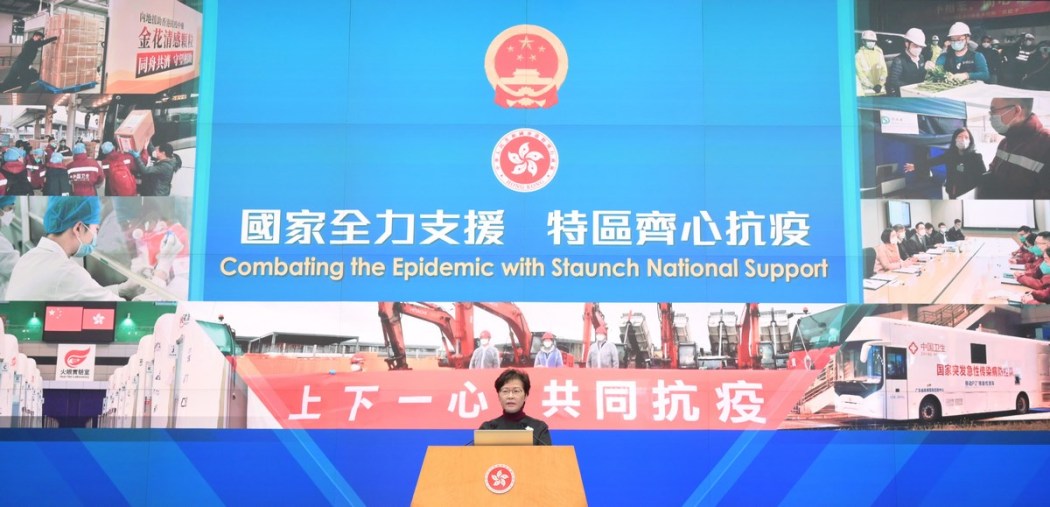
Another 29-year-old woman told HKFP that she had no trust in the decisions made by the government since the Covid-19 outbreak hit Hong Kong more than two years ago: “No one in their sane mind would report with the government at your door ready to take you to Penny’s Bay (prison)… [I] do not trust the government at all with its decisions over the past two years.”
The centre has been beset with management issues, protests from detainees and several attempted suicides.
Though University of Hong Kong projections show the fifth wave has yet to peak, the authorities say that they will return to a system of contact tracing and compulsory testing after it subsides.
Additional reporting: Tom Grundy.
Support HKFP | Policies & Ethics | Error/typo? | Contact Us | Newsletter | Transparency & Annual Report | Apps
Help safeguard press freedom & keep HKFP free for all readers by supporting our team



